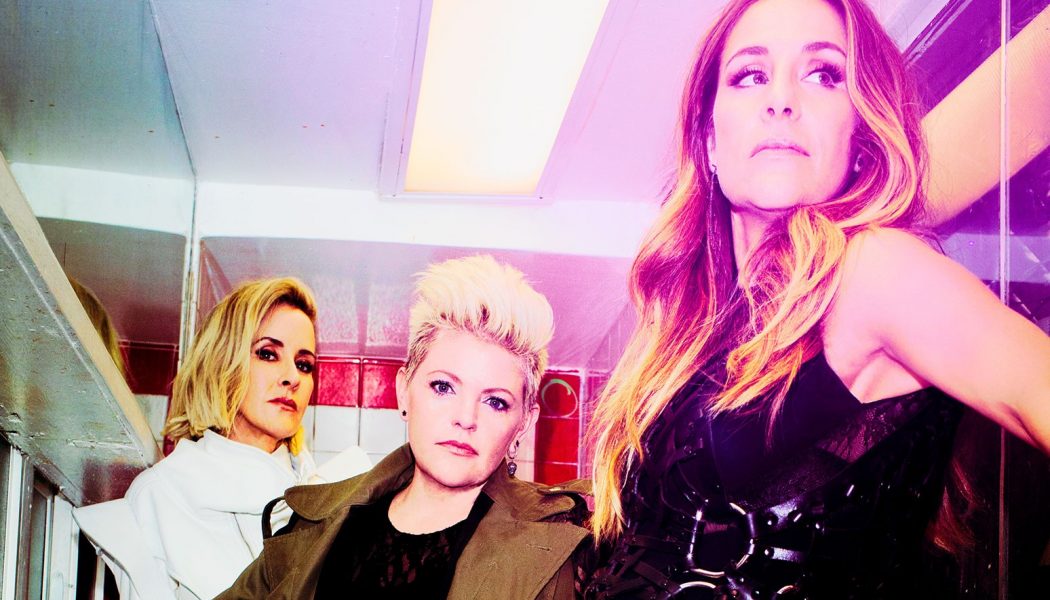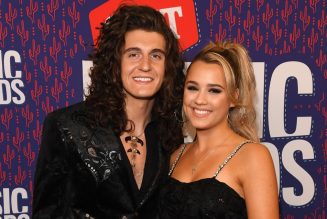
Tunshoe said that their insurance providers have taken “unreasonable legal positions in direct conflict with specifically negotiated contractual language and engaged in a ten-month campaign of repeated irrelevant questions and stall tactics,” according to the lawsuit.
The insurance policies were in effect from Jan. 20, 2020 until Sept. 18 and provided insurance of “Up to $40,400,000 representing 80% ‘To Pay’ of Gross Guarantee of USD 50,500,000” should the tour be “necessarily cancelled, abandoned, postponed, interrupted or relocated” as a result of any reason not excluded, per the Chicks’ lawsuit. They list the “Insured Persons” as the “Dixie Chicks being Martie Erwin Maguire, Emily Erwin Robison and Natalie Maines” and state that the “covered Perils” are “death,” “accident and illness,” “unavoidable travel delay,” “venue damage,” “adverse weather,” “national mourning,” and “other perils,” according to the complaint.
The insurance provider reportedly requested that the Chicks “make formal inquiries with other promotors with the ability to stage a 2021 tour,” according to the suit. It also asked whether the “Chicks explored the possibility of whether any of the cancelled 2020 shows can be rescheduled to open air festivals/venues in 2021” and wanted to know whether the “Chicks evaluated the option for The Chicks to perform live streaming concerts to a paying audience.”
Attorneys for the group argued that a later tour would have no album release to drive ticket sales and “would therefore be relegated to smaller venues, be less commercially successful, and correspondingly be irrevocably damaging to the band’s reputation and the band members’ careers.” They also dismissed any suggestion that The Chicks perform at open air festivals or put on a paid livestreaming event would only in anyway mitigate loss revenue. Insisting that The Chicks rearrange the tour that would not be “commercially and reasonably possible” for Tunashoe to rearrange could damage the group’s reputations and jeopardize the health of the members of The Chicks, their band and crew, and audience.
Lloyd’s declined to comment, citing ongoing litigation.
James Sammataro, who is not affiliated with this case, said The Chicks’ legal arguments seem valid as there are very few alternatives to a stadium or concert performance.
“Any suggestion that you could have mitigated your damages by doing a live stream, well, that that’s certainly not an adequate substitute because people are paying to see an in-person performance,” said Sammataro, a partner at Pryor Cashman who is co-chair of the firm’s Media + Entertainment Group. “They could potentially make some money off the live stream, but those dollars are nothing comparable to what you’d make on a normal tour.
Sammataro added that surprisingly despite all the canceled tours there has been relatively corresponding insurance lawsuits. Instead, many have quietly worked out arrangements to mitigate the harm and to preserve relationships.
“We have resolved a lot of cases for clients in the concert space, where we either agreed to a postponement agreed to some form of discount, or we return some money and push things back to a post-COVID world,” said Sammataro. “It’s an insular world and everyone’s dealing with the same reality. We’re all trying to be creative. We’re all trying to live to the next day. You’re not going to burn a bridge with your counterparts who you will have to later do business with.”
However, Sammataro adds that he is also sympathetic to the insurance companies who are themselves in a precarious situation especially being “on the other side of the aisle.”
“Everyone future is hurting,” he said. “For our clients, we’re not looking at it as a zero-sum game. We’re looking at it, let’s get through this together and figure out a way we can get to the other side collectively in a way that’s fair.”










